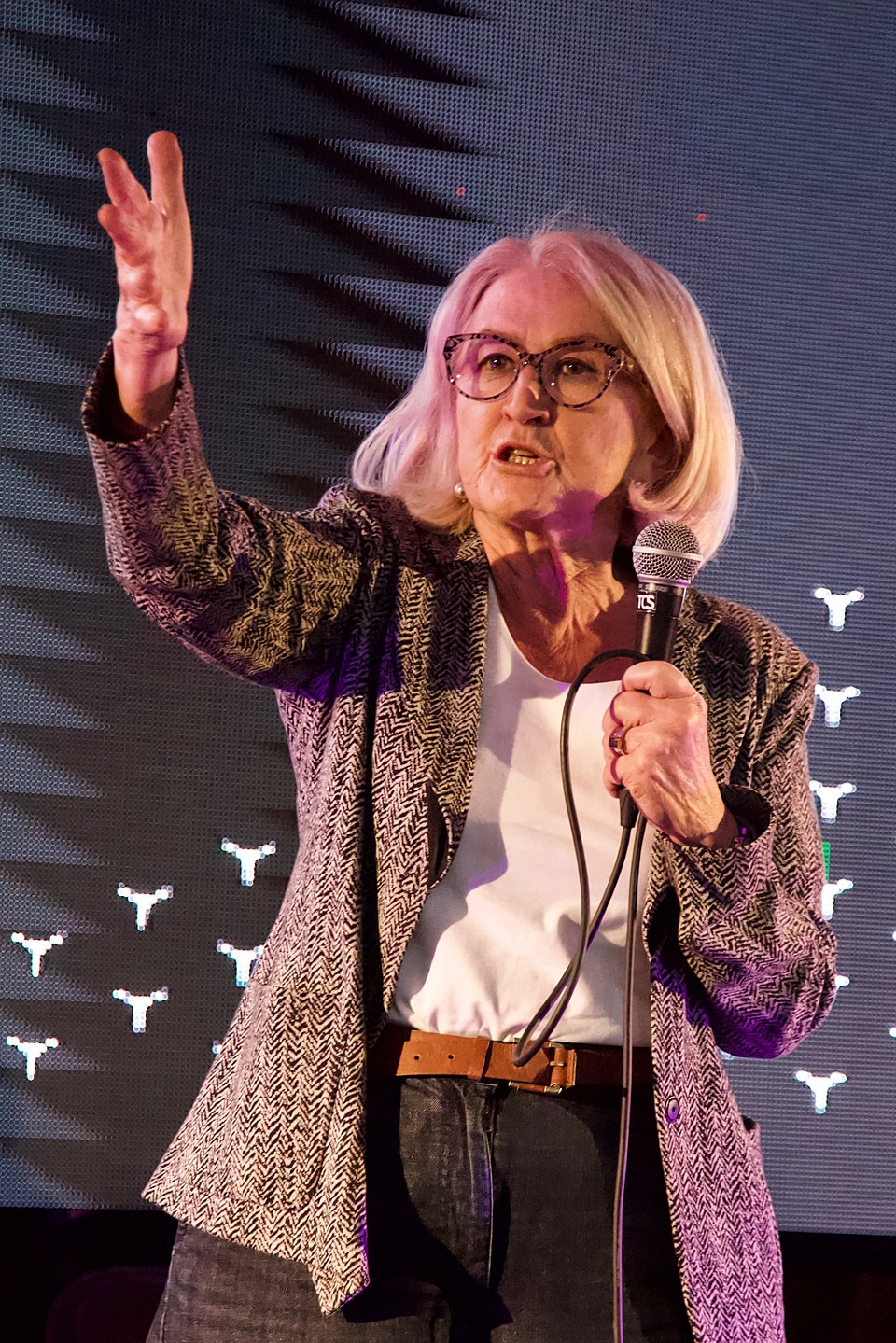In an age of information overload, where news travels at the speed of light and social media algorithms shape what we see, a fundamental question emerges: Who controls Nigeria's story? Who decides what narratives dominate public discourse, what truths are amplified, and what voices are silenced?
Samuel Chimezie Okechukwu's Giant's Megaphone: Amplifying Nigeria's Future Through Media and Communication dissects this crucial question with surgical precision. This isn't just a book about media—it's an essential guide to understanding the forces that construct our reality and how we can reclaim the narrative.
The Evolution of Media: From Town Crier to Algorithm
The book takes readers on a journey through the evolution of media in Nigeria, from traditional communication methods to the digital age. Okechukwu shows how each technological shift has changed who controls information, who shapes narratives, and who has power.
This historical perspective is crucial for understanding the current media landscape. The book demonstrates how the tools of communication have evolved, but the fundamental questions about power, truth, and influence remain constant.
Media as Weapon: The Battle for Truth
One of the book's most powerful sections examines how media can be used as both a weapon of division and a tool for unity. Okechukwu shows how misinformation spreads, how narratives are manipulated, and how media can be used to divide rather than unite.
The book provides detailed analysis of how false information spreads in Nigeria, from social media to traditional broadcasters. It shows the mechanisms of manipulation and provides tools for recognizing and countering misinformation.
The Rise of Citizen Journalism
In a particularly inspiring section, the book explores the rise of citizen journalism. Okechukwu shows how ordinary Nigerians are using digital tools to tell their own stories, to hold power accountable, and to create alternative narratives.
The book examines successful examples of citizen journalism in Nigeria, showing how individuals and communities are using media to create change. It demonstrates how technology has democratized storytelling, giving voice to those who were previously silenced.
Traditional Media's Enduring Influence
Despite the rise of digital media, traditional broadcasters remain influential. The book examines how radio, television, and print media continue to shape public opinion, and how they can be reformed to serve the public interest rather than narrow agendas.
Okechukwu provides strategies for improving traditional media, from editorial independence to professional standards, from public service broadcasting to community media. The book shows how traditional media can adapt to remain relevant while serving democratic values.
Strategic Communication for National Identity
The book makes a compelling case that strategic communication can foster national identity. Okechukwu shows how media can be used to build unity, celebrate diversity, and create a shared sense of Nigerian identity.
This section is particularly important in a nation as diverse as Nigeria. The book provides frameworks for using communication to bridge divides, to celebrate common values, and to build a sense of shared destiny.
Driving Civic Engagement
One of the book's most practical sections examines how media can drive civic engagement. Okechukwu shows how communication can inform citizens, mobilize communities, and create the conditions for meaningful participation in democracy.
The book provides examples of successful civic engagement campaigns, showing how media has been used to increase voter turnout, promote transparency, and hold leaders accountable. It demonstrates the power of communication to create change.
Holding Power Accountable
Perhaps the book's most important section focuses on how media can hold power accountable. Okechukwu shows how investigative journalism, citizen reporting, and digital platforms can expose corruption, challenge abuses, and demand accountability.
The book provides strategies for protecting journalists, supporting investigative reporting, and creating an environment where media can fulfill its watchdog function. It shows how a free and independent media is essential for democracy.
Why This Conversation is Urgent
Nigeria's next chapter depends on who controls the megaphone and what story they choose to tell. This book provides the understanding and tools needed to ensure that Nigeria's story is told truthfully, inclusively, and in service of the common good.
Every policymaker, journalist, entrepreneur, and engaged citizen must read this work. Start reading Giant's Megaphone now and discover how to harness communication to build a more prosperous, unified, and authentic Nigeria.








